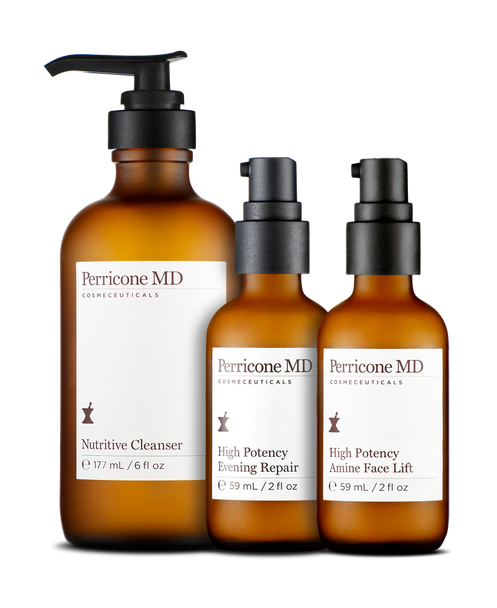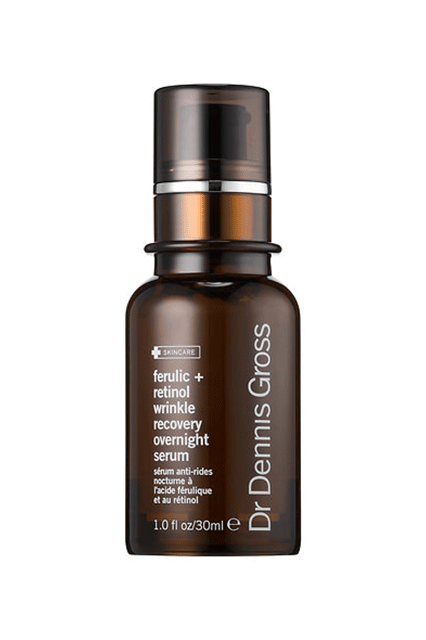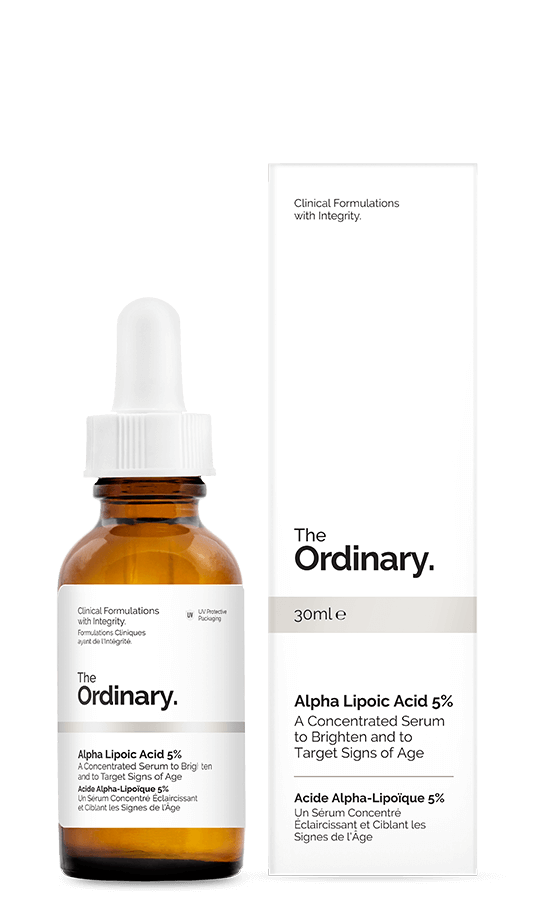My recent skincare purchase went out of hand when I came across The Ordinary’s wide range of skincare products. Their Alpha Lipoic Acid (ALA) 5%, in particular, piqued my curiosity because it’s one of the least hyped products from the line yet it has some interesting benefits. Also, makeup artist Wayne Goss raved about this product and said that ALA can actually give you visible results even just after one use. Well, who wouldn’t want a fast-acting serum, right? So, I bought it out of impulse, and now I always look forward to my ALA nights.
But what is it exactly and what does it do to your skin?
ALA is a naturally occurring acid found in the cell’s mitochondria. According to Perricone MD, the acid is easily absorbed by the skin and is 400 times more effective than well-known antioxidants vitamins C and E. This is because vitamin C is commonly water soluble, while vitamin E only work with fatty tissues. ALA, on the other hand, is both fat and water soluble. In addition, ALA can also regenerate and activate other antioxidants.

ALA repairs damaged skin cells by fixing the cell’s metabolism and neutralizing free radicals. This acid primarily targets fine lines, wrinkles, and dark circles around eyes. It also fixes acne-prone skin with its anti-inflammatory properties and minimizes pores. Overall, it can give your skin a natural glow, better texture, and an even tone.

ALA isn’t for daily use, especially when the brand has a high concentration. The Ordinary, for example, advises ALA users to apply two to three drops twice or thrice a week only. Based on experience, you may feel a slight burning sensation when you apply the acid on your face. However, the sensation easily dissipates within a minute. On the first day of application, I had two minor pimples on my cheek. The next day, the pimples were gone, but they, unfortunately, left two scars. On the brighter side, I always wake up to smoother and plumper skin every time I apply ALA. So, I guess Wayne Goss is right.

I can probably call ALA my holy grail product, but that doesn’t mean your skin will also respond positively to this acid. High concentrations may cause irritation to people with sensitive skin, but you can also dilute the acid with rosehip oil.
ALA can also be taken as a food supplement. Naturally found in foods like liver, broccoli, spinach, and potatoes, ALA can also help improve overall health. After all, glowing skin is also a result of good health, right?
Header image courtesy of Unsplash
Read more:
These are the skincare ingredients you should never mix
Pore strips are bad for your skin
Time to dispel these beauty myths this 2017
You only need one minute to make these face masks
Writer: OLIVER EMOCLING




